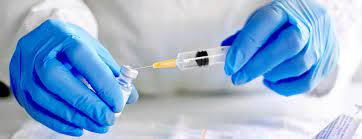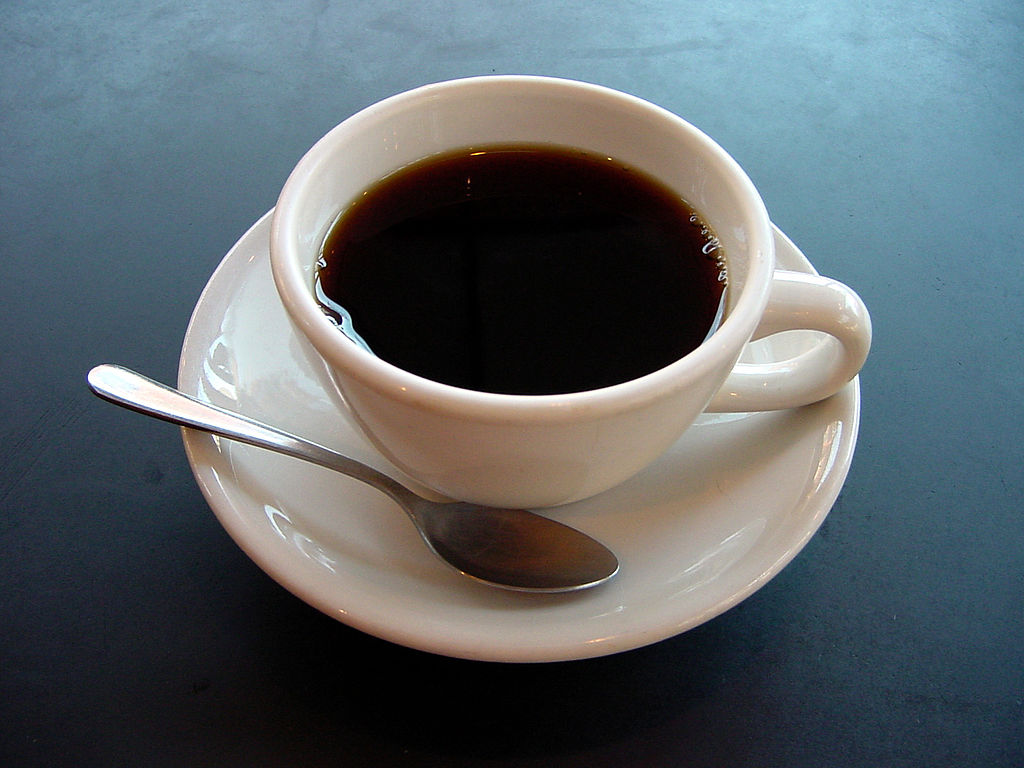At long last, vaccines for the Corona Virus are finally being distributed to the masses, and the end of Covid might finally be right around the corner. Currently, three different vaccines with their own characteristics have been successfully produced and are currently being distributed; the Pfizer vaccine, Moderna’s, and Johnson & Johnson’s. As some of you might have heard, the J&J vaccine does differ from its other two partners.
The differences are actually slightly notable, as the J&J vaccine both acts differently and is composed differently than Pfizer’s or Moderna’s.
Probably the biggest and most important is how it doesn’t use mRNA like the other two. While mRNA is fine and can be more effective in this case, it has raised some moral concerns due to how it acts, pretty much making it so our cells produce a protein that fights off the virus more effectively, which actually makes it more effective than J&J’s. So while it doesn’t rewrite your genetic code, it does use it, though since this isn’t too clear to some, some misinterpret the concept and assume that it does, or just are put off by the concept.
So what does J&J’s vaccine do instead? In a way, it actually is very similar to normal vaccines, as it is simply involves a common cold virus that’s been made harmless and inactive, so basically it’s “turned off” in a sense, and then a strand of DNA from a Covid virus is attached to it. This causes the immune system to then get familiar with Covid and become relatively capable of dealing with any new instance it might encounter, being most effective after 28 days from the initial vaccination.
Something else that is highly beneficial in getting as many people vaccinated as possible is the other ingredients besides the obvious virus part. This also applies to Moderna and Pfizer, with all vaccines involving no ingredients like egg or latex, which can typically cause dangerous allergy related reactions. However, it is still possible to have some reaction to the vaccines, and in most clinics you will be required to stay for a brief period following the injection just to make sure there isn’t any threatening side effect.
Another important difference is that the J&J vaccine doesn’t need to be frozen. This might sound like a pointless thing at first, but in reality it can be a huge aid in getting the vaccine more available. In transporting a vaccine, it can be difficult to maintain a freezing temperature, so in getting the vaccines nationwide, this becomes a greatly beneficial aspect.
Not all the aspects of the J&J, Pfizer, and Moderna are all perfect, though. The first of these is the effectiveness of the vaccines. While Pfizer and Moderna’s are both 95% effective in preventing infection, J&J’s only has an 85% rate of effectiveness, but obviously this difference isn’t too great and shows that J&J is still highly effective. If you are vaccinated and happen to be one of the unlucky few who do get infected, you shouldn’t need to worry, though, as 100% of those who are vaccinated and get infected haven’t needed to be hospitalized, and no one has died from the virus while vaccinated, so at worst you might just experience a nasty sick day.
And, hopefully, this is obvious, but your chance of contracting Covid from the vaccine are null. Also, since there seems to be some people who claim that some one unfortunately passed away after being vaccinated, most instances of this are unrelated, because, as stated, the vaccine really poses no threat (and even if you do happen to have some reaction to the vaccine, symptoms aren’t fatal and are mostly just uncomfortable, such as wheezing, swelling, or hives).
So, if you’re like me and might be able to get vaccinated soon, don’t get put off by conspiracies or whatever some random person claims, just get it over with and get back to your pre-covid life as early as you can.



